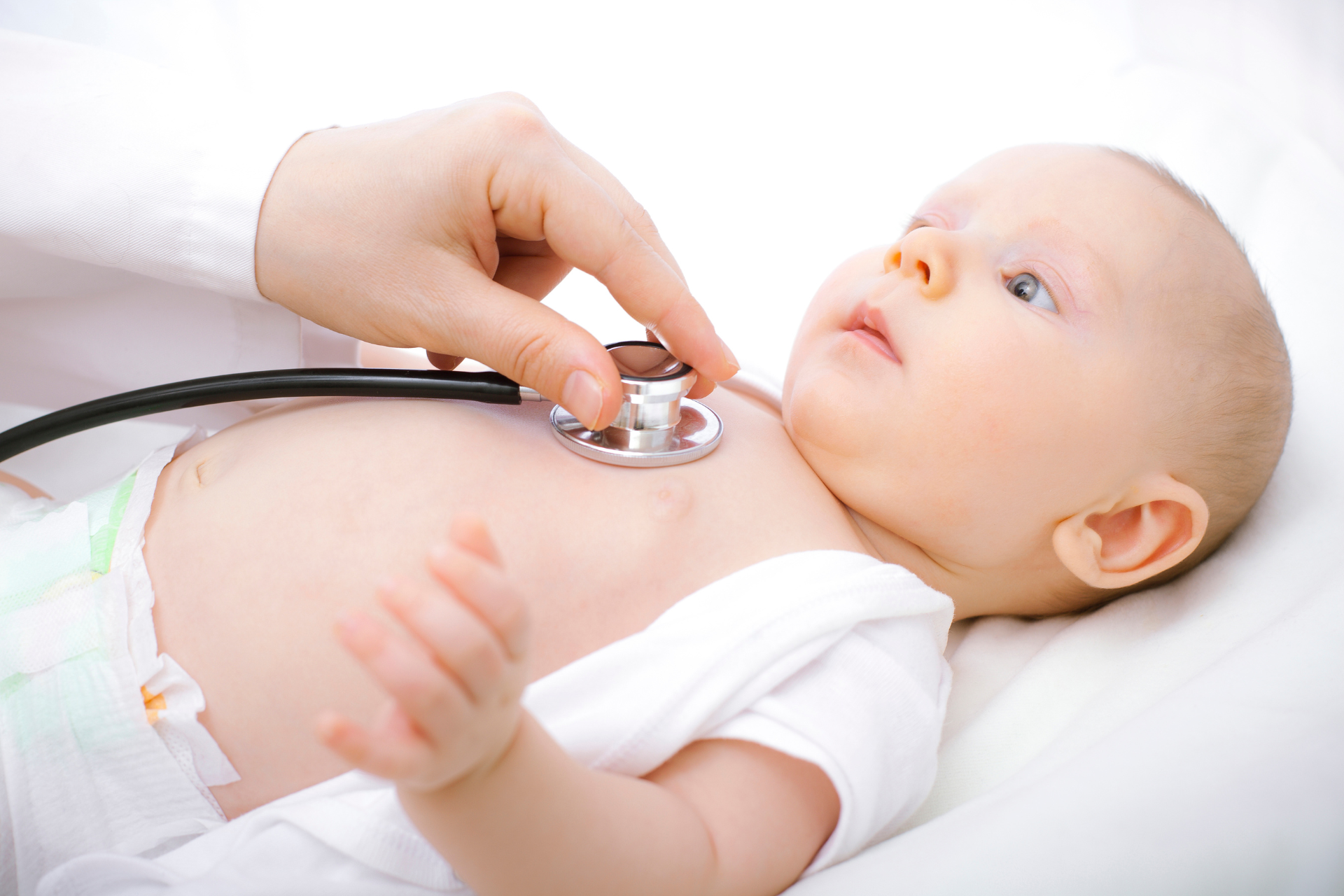During your adoption journey, you will often think about your life after you grow your family with an adopted boy or girl. Your visions about your life with your new son or daughter will probably focus on holding, cuddling, and playing with your beautiful child. Yet about one in every 33 children is born with a medical condition that may need treatment. And though 85% of adopted children are in good or excellent health, according to a national survey, about 39% of all adopted children have health conditions requiring medical care. What’s this best way to deal with medical concerns about adopted children?
Adopting older children
When you adopt an older child, you should have access to their medical records and health history. If these records show that the child has special health care needs, it’s important to be certain that you have the resources to provide the needed care. Take the time to learn about the health issues involved and be certain that you’re a good fit for the child.
Research indicates that adopted children are statistically more likely to have special needs compared to non-adopted children, particularly in areas of developmental delay, learning disabilities, and emotional and behavioral issues. These special needs can sometimes be attributed to pre-adoption trauma or neglect experienced in their birth families or in the foster care system.
Gather as much information about the child as possible and find a supportive pediatrician to work with. Support groups can also be helpful. Bear in mind that any child can face special health needs. Families of children with these needs have all kinds of feelings as they navigate the challenges that arise. This will be true for adoptive parents or for biological parents.
Adopting a newborn
The majority of the parents we work with at Heimer Law adopt a newborn. Sometimes there is an expectation that a newborn will not have faced the kinds of difficulties and traumas that an older child may have known prior to adoption. However, many children have special medical needs. About 3% of American children have birth defects, and your adopted child could be one of them.
Sometimes there are genetic or prenatal factors that lead to medical problems. But often there is no known reason for a baby’s health problems. A mother may have done everything her doctor told her to do and still have a premature baby or a baby with unforeseen health challenges.
Again, adoptive parents are likely to have the same enormous range of emotions a biological parent feels in the same situation.
Take care of your child
All parents faced with medical challenges are likely to feel helpless and uncertain. Fortunately, modern medicine has developed solutions, treatments, or coping routines for most of the health challenges your child is likely to face. Talk with your child’s pediatrician, your family doctor, and any specialists your doctors may bring in to help plan for your child’s best health.
Some health problems in early life can be treated and cured. Other problems may need to be worked with and coped with throughout your child’s life.
If you notice any unusual symptoms or changes in your child’s health, don’t hesitate to seek medical attention. Plan to be an advocate for your child, as well as a cooperative partner with your child’s pediatrician or therapist, as well as their school.
Take care of yourself
Allow yourself to experience your feelings. Then make a plan for the future and enjoy your child. The wonderful moments will be there, and over time they are likely to far outnumber the tough times.
Remember that you need support. Your family, your community, and your child’s care team can provide that support, but sometimes you may need to ask for help in order to get it. Building a support network is important for you and for your child.
You may also have to give yourself permission to take time off, to lower your standards in some areas, or to prioritize your own health.
Ask any parent: all of them will tel you that they have had times when they worried about their child. Whether it’s a fleeting worry or a serious health concern, preparation and support can help you and your child through it.

